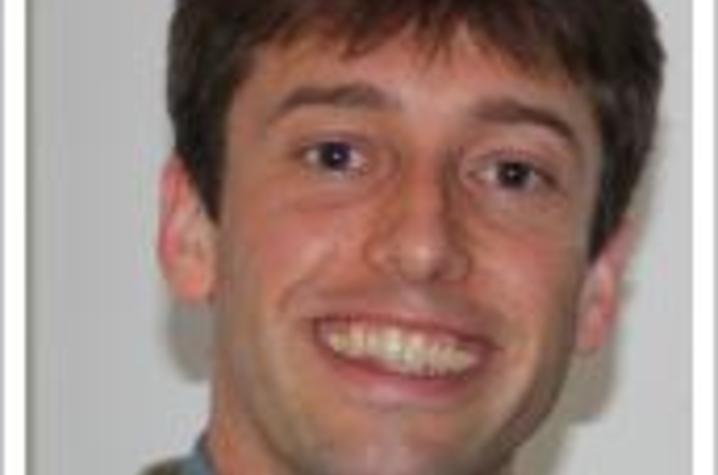Gensel Laboratory Awarded Grant to Study Spinal Cord Injury Repair

LEXINGTON, Ky. (Nov. 19, 2015) — The National Institute of Neurological Diseases and Stroke (NINDS) has awarded a five-year, $1.6 million grant to John C. Gensel, Ph.D., of the University of Kentucky Spinal Cord and Brain Injury Research Center (SCoBIRC), to study the potential role of the immune system in repairing spinal cord injuries.
Spinal cord injuries can result in permanent paralysis. Macrophages, white blood cells involved in immune responses, migrate to wounded areas of the spinal cord following an injury, where they assume M1 (i.e. pro-inflammatory) or M2 (i.e. pro-tissue repair) functions. M2 macrophages have the potential to improve wound healing and subsequent recovery from spinal cord injury, whereas M1 macrophages are believed to contribute to progressive tissue loss that impairs functional recovery.
"We do not fully understand why macrophages sometimes promote pathology instead of promoting tissue repair following a spinal cord injury," Gensel said. "This grant will fund efforts to clarify how macrophages assume M2 functions so physicians and scientists can develop new drugs that promote spinal cord repair after an injury."
Gensel and his team will also examine how age and gender alter the macrophage response to spinal cord injury and affect the drugs that promote M2 macrophage production.
Jim Geddes, Ph.D., SCoBIRC director, notes that Gensel's work is particularly important as there are so few treatments for SCI currently available. "This innovative research by Dr. Gensel will explore how to exploit our own body's repair mechanisms to enhance recovery following spinal cord injury," said Geddes. "We're delighted that John's work has been appropriately acknowledged by the NINDS."
The Spinal Cord and Brain Injury Research Center at the University of Kentucky was established in 1999 to promote both individual and collaborative studies on injuries to the spinal cord and brain that result in paralysis or other loss of neurologic function.
The National Institute of Neurological Diseases and Stroke of the National Institutes of Health funds this research under the R01 award number NS091582.
Media contact: Laura Dawahare, (859) 257-5307




